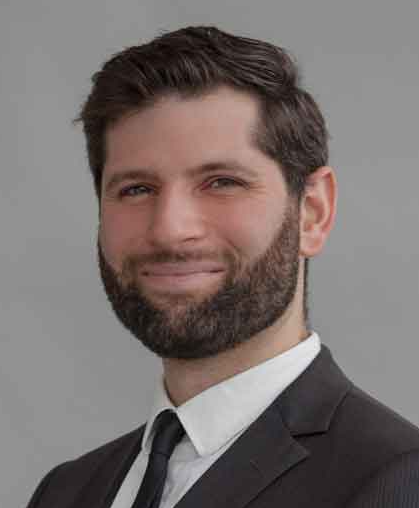Nouri Najjar

Position
Credentials
BSc Honours Economics 2010
Nouri currently works as an Assistant Professor at the Ivey Business School at Western University. In this role, Nouri is able to pursue his own research interests and teaches in the Business, Economics, Public Policy, and Sustainability areas. He was recently recognized for his contributions to climate economics through the Doug Purvis Memorial Prize.
Nouri, like many economists, started his post secondary journey in engineering because he was “good at math” in high school. He immediately knew it was a bad fit and discovered after trials and travels that economics offered an exciting blend of math, the ability to play with data, and the option to work on questions of real social value.
The University of Victoria seemed like a natural choice as Nouri had grown up in Victoria. After completing his undergraduate degree, Nouri decided to go straight into graduate studies pursuing his MA and PhD in economics at UBC. The rigorous Honours program at UVic prepared him well for his future studies. If he could have changed one thing about his undergraduate studies, he would have used his option classes to take additional math courses in real analysis and linear algebra.
Upon completion of his PhD, Nouri got to experience the job market for academic economists. This was a unique experience, as this job market in particular is very centralized. After a couple hectic days of interviews with several institutions, the newly minted PhDs are then left waiting for fly out invitations. Nouri was excited to get an offer at Ivey through this process. Even in highly specialized settings with considerable technical constraints, the importance of communication stood out in the hiring process.
Nouri’s advice to current students is:
“1- If you have an opportunity to add a co-op term to your degree, do it. This is an easy, low commitment, way to figure out what jobs you like, and don’t like. It’ll also be valuable when you’re looking for work after university; a little bit of experience can go a long way.
2- Take courses that force you to improve your communication skills (both written and verbal); these are necessary skillsets for every career. A typical economics class won’t give you a lot of practice (or feedback) on this, so you need to be conscious of how and where you’ll get this training.”
